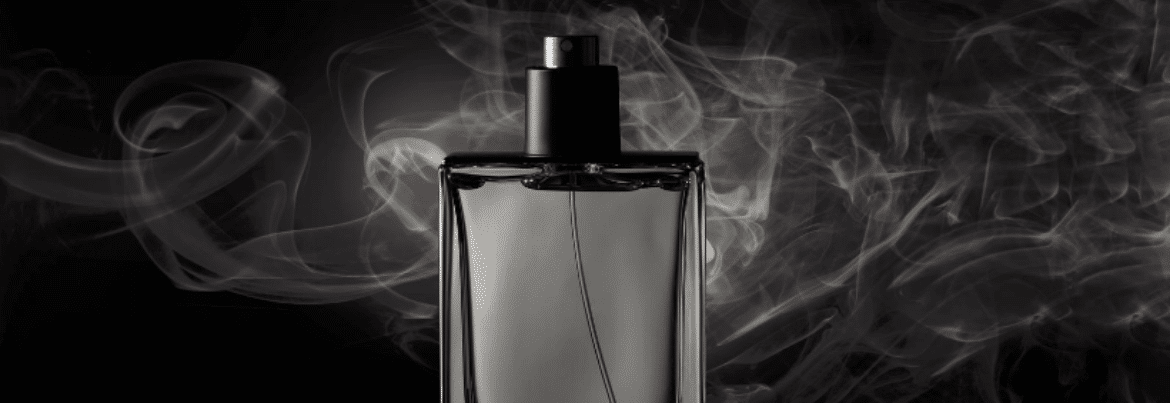09th October 2020
Stort Chemicals Limited is pleased to announce the completion of the acquisition of Zanos Limited on 5th October 2020 to reinforce their position as...

26th August 2020
Often considered a versatile fragrance ingredient, musk possesses a powerfully seductive and attractive scent which cannot be detected by many people – known as musk anosmia.
Originally, it was sourced from the gland of a Musk deer and even goes as far back as the 6th Century, where it was brought from India by Greek explorers then later perfected by Arabic and Byzantine perfumers in obtaining it’s iconic aphrodisiac properties – despite its purest form emitting an unpleasant, animalistic smell when first extracted.
However, not only was this process costly, but the decrease in population – 140 deer to produce one kilo of musk – led perfumers and chemists to revise its use and look towards a more ethical and economical substitute.
As a result, a large variety of synthetic musk aroma chemicals have been produced, grouped by their chemical structures, and as such form families of musk types. They are mainly used in consumer-type products such as detergents, body wash, colognes and hair products.
Nitro musks
Traditionally the most cost-effective of all synthetic musks, nitro musks are the first generation of its kind. The Nitromusk family is now banned in many countries but is still being produced in India and China for non-multinational purposes.
These include:
Musk Ambrette
Musk Xylene
Musk Ketone
Polycyclic musks
Scientists were striving to find alternative synthetic musks that would smell pleasant, whilst being less reactive and more chemically stable than the previous generation.
A new-found Polycyclic structure was created, and this gave birth to functional, sweetly floral smelling musks that are found in many high-end perfumes, including variants of Astromusk® and Galaxolide®.
Zanos offers the Astromusk® range from Agan – the concentrate as well as versions in DEP, IPM and DPG. Tonalid® – Ganolid® from Agan is the other most commonly used macrocyclic musk. It is considered to be significantly more substantive that Astromusk® and this is reflected in the price. Whilst often preferred by perfumers, it is not as readily available.
In the 90’s there was widespread reporting about the bioaccumulation, possible toxicity and persistence of polycyclic musks and the resultant possible dangers to human health.
This led to extensive testing – where all major producers contributed to the substantial costs involved. The group of products were shown to be safe in most applications and continue to be widely used because of their cost effectiveness and desired odour profile.
Macrocyclic musks
They are so-called because of their chemical structure and are generally split in to three types according to their Chemical family – ketones, mono-lactones and di-lactones.
The drive to replace polycyclic musks in the early 2000’s led to significant developments for macrocyclic musks. The musk odour has many positive aspects – and has been shown to be both relaxing and stimulating.
However, the macrocyclic musks are less stable in aggressive media than polycyclic musks. Whilst costs have been falling, they remain expensive in comparison – for example Ambrettolide and Muscone.
Ambrettolide, being “crop” dependent has also unstable supply levels, leading to large price fluctuations. Zanos stocks and supplies Ambrettolide from Chemshel – a leading Indian producer.
It has been found that mixtures of different macrocyclic musk provide the best overall performance in terms of stability and substantivity.
Many products were developed or became more viable to use in fragrances as their production costs reduced from improved process and increased demand levels.
Some of the leading macrocyclic musks include:
Ketones: Ambretone®/ Velvione®, Muscone, Cyclopentadecanone
Mono-lactones – Cyclopentadecanolide, Habanolide®, Exaltolide®/ Macrolide®, Ambrettolide
Di-lactones – Ethylene Brassylate Musk C-14/Zenolide
There are a large number of macrocyclic musks with similar structures – often with 14-17 Carbon atoms.
For any orders on the musk products we supply, or other aroma chemicals, please contact our sales team today on 01565 755899 and we’ll be happy to help.